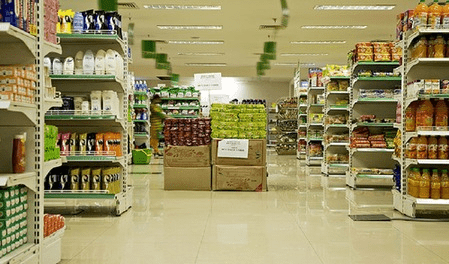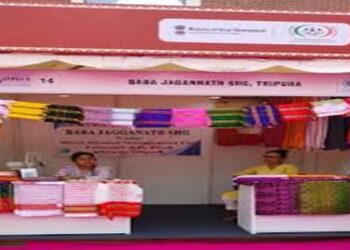New Delhi, Sep 4 — The GST Council has cleared historic reforms to India’s indirect tax system, effective from September 22, slashing rates on a wide range of essential goods and services. The overhaul reduces tax slabs to just two key rates — 5 per cent and 18 per cent — along with a steep 40 per cent levy for sin and luxury goods.
For the common man, this translates into more disposable income, which the government expects will boost consumption and stimulate the economy. A broad basket of products, from food and healthcare to footwear and textiles, will now be cheaper. Items previously taxed at 12 per cent and 28 per cent have largely been rationalised into the lower slabs.
Food and Essentials: UHT milk will now be tax-free, while butter, ghee, paneer, and cheese shift from 12 per cent to 5 per cent. Staple foods like pasta, cornflakes, biscuits, chocolates, and cocoa products will move to the 5 per cent slab. Dry fruits, sugar, confectionery, vegetable oils, meat products, and packaged snacks such as namkeens and bhujia will also see reductions. Even mineral and aerated waters without added sugar will drop from 18 per cent to 5 per cent.
Agriculture and Fertilisers: Fertilisers and key agricultural inputs, including seeds and crop nutrients, will now attract just 5 per cent tax.
Healthcare: Life-saving drugs, medical devices, and health products, earlier taxed at 12–18 per cent, will be reduced to 5 per cent or exempt. Insurance premiums for life and health policies will also be tax-free.
Consumer Goods: Footwear, textiles, and mass-use appliances will shift to lower rates, benefiting households directly.
However, sin goods such as tobacco, pan masala, and premium liquor will face tightened compliance and continue under high taxation, with aerated sugary drinks moving into the new 40 per cent slab.


















